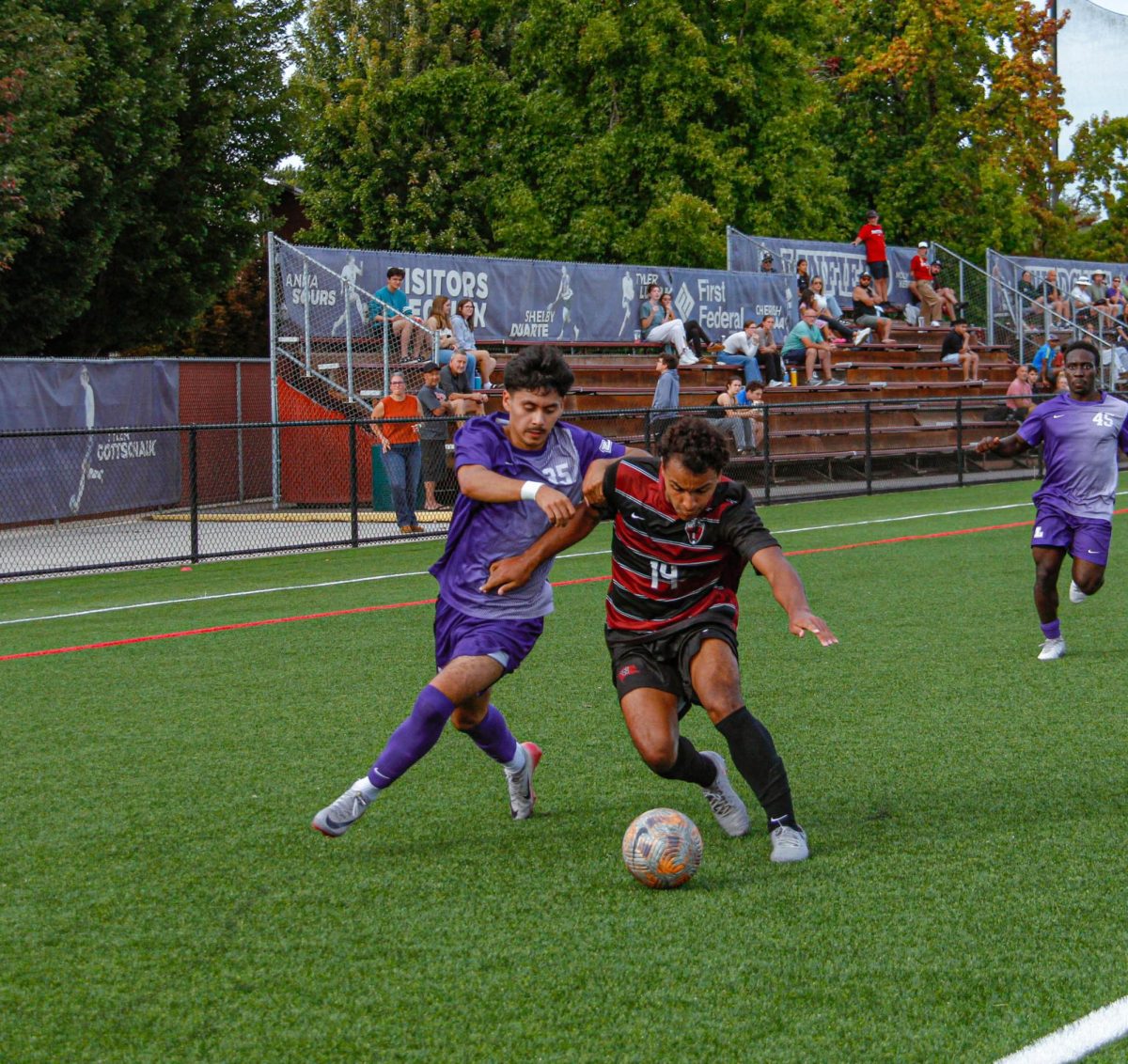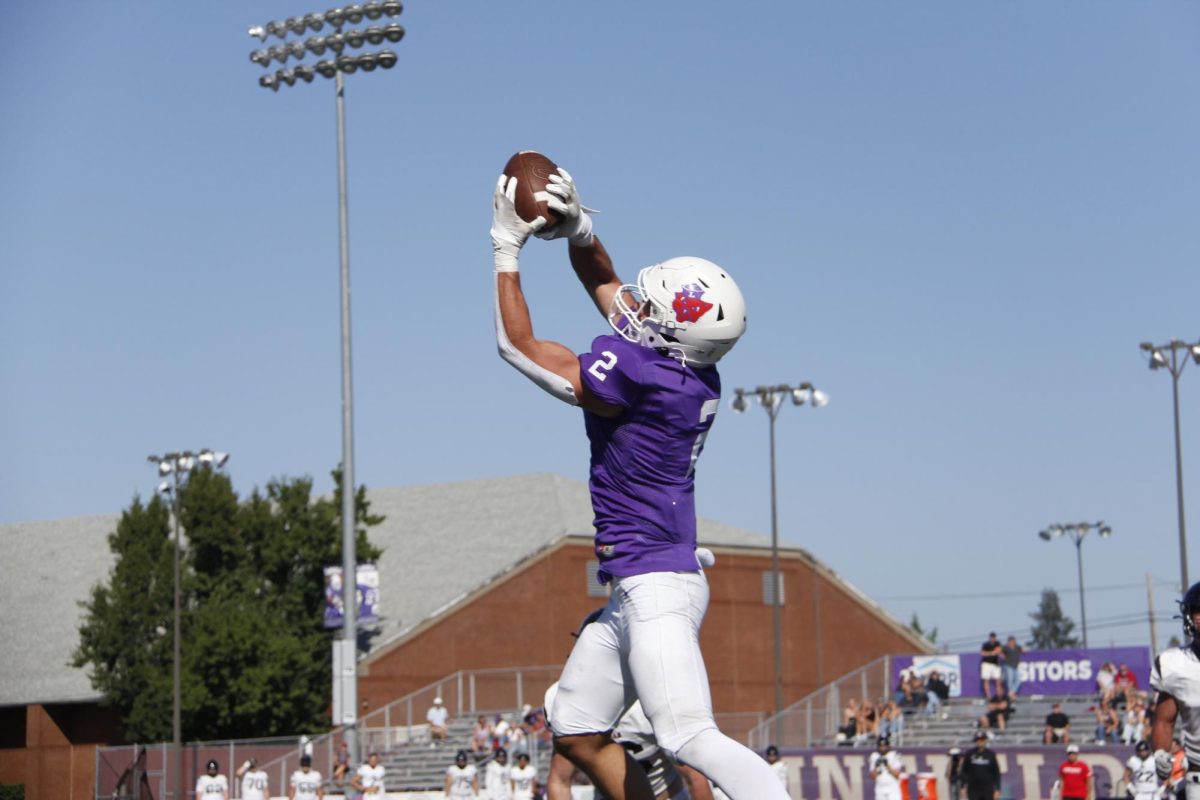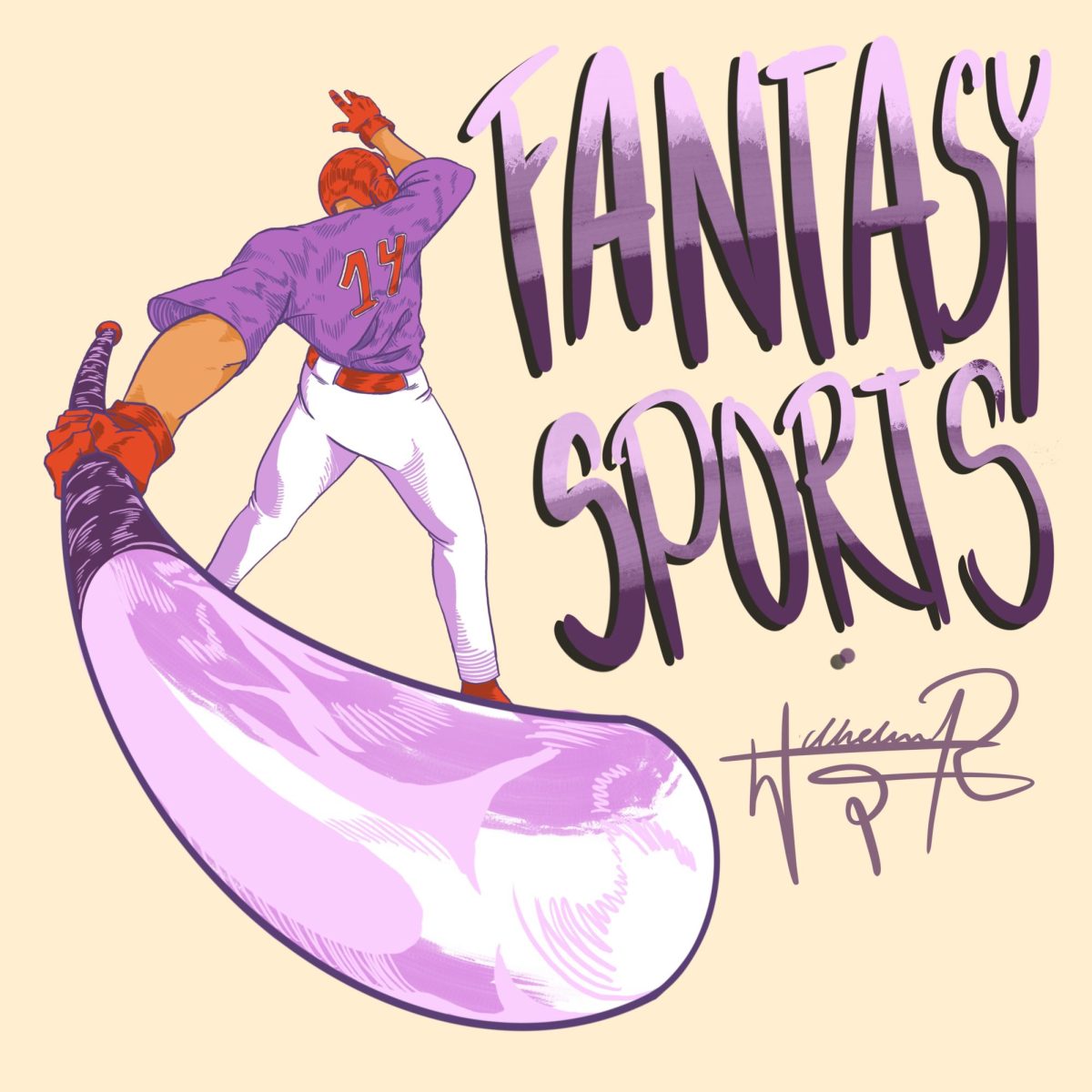Although the racist comments made by Los Angeles Clipper’s owner Donald Sterling last week were addressed by NBA Commissioner Adam Silver’s lifetime ban and $2.5 million fine, this issue has put an emphasis on the NFL and its controversy over the racially insensitive team name The Washington Redskins.
In a taped phone call to girlfriend, V. Stiviano, Sterling became agitated with Stiviano’s decision to post a picture with basketball legend, Magic Johnson on her Instagram and asks “Why do you have to pose with minorities?” and pleading with Stiviano to “love them privately,” claiming that she had an obligation to keep what he felt the cultural norm of keeping blacks and other races divided.
He continued to express his racist view telling Stiviano that she can continue to have relationships with minorities and black people, “but don’t put it on Instagram for the world to see so they have to call me, and don’t bring them to my games.”
In response to Sterling’s offensive remarks, National Basketball Association Commisioner Adam Silver banned Sterling from the league for life.
Although this controversy was handled appropriately by the league, it did bring up a question for sports fans: Is the issue of race in athletics really over?
I wish that it were, but sadly it isn’t. According to the Washington Post, District of Columbia Del. Eleanor Holmes Norton (D), believes that the National Football League can learn a lesson about dealing with racism on its own turf.
She urged NFL commissioner Roger Goodell to use NBA commissioner Adam Silver as a “moral example” of how to deal with the potential abandonment of the Washington Redskin’s controversial name.
This puts more pressure on Washington Redskins owner Daniel Snyder to appease national uproar about the team name.
Other members of Congress including Senate Majority Leader Harry M. Reid (D-Nev.) are expressing outrage toward the NFL refusal to change the name of the Washington Redskins.
Reid said he was disappointment with the league “How long will the NFL continue to do nothing — zero — as one of its teams bears a name that inflicts so much pain on Native Americans?”
Although she has the same views as Reid, Norton sees the controversy in a more neutral way. “I’m not asserting that Snyder’s comments are the exact equivalent, but they have, on our native people, the same effect as Sterling’s on African Americans,” she said. “The only difference is that Native Americans have to see that name everywhere, all the time, where [Sterling’s] was a one-time exposure to a man who apparently holds deep racial views.”
Daniel Snyder has visited more than a dozen Indian reservations in order to try to build support for keeping the team name.
However, Norton believes that this issue can be solved by following the procedures most recently exemplified by the NBA commissioner Adam Silver.
“This rookie did not hesitate to lead,” she said of Silver. “Goodell has now seen what leadership in sports means. He ought to find a way, in his own way, to bring the same leadership.”
Although changing the name of the franchise may pose many challenges, in 2014 the NFL should know better than to continue to publicize a name that is hurtful for so many Americans.
The Washington Redskins rich history in football will not be forgotten or eliminated if the name of the franchise changes.
However, it will set a milestone in American sports history that will provide a positive example for future generations of Americans to be culturally sensitive to all individuals.
Camille Weber/Sports Columnist






